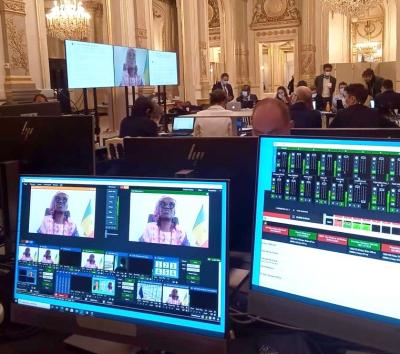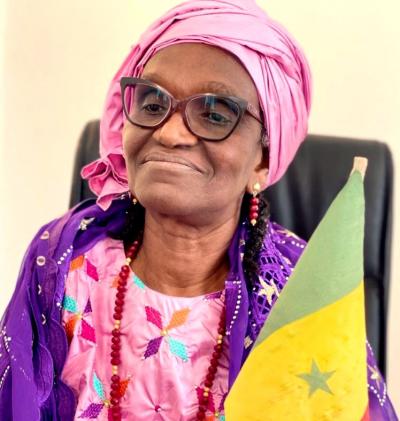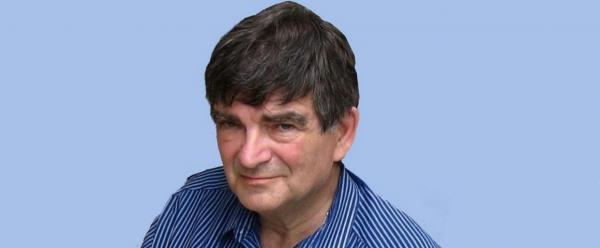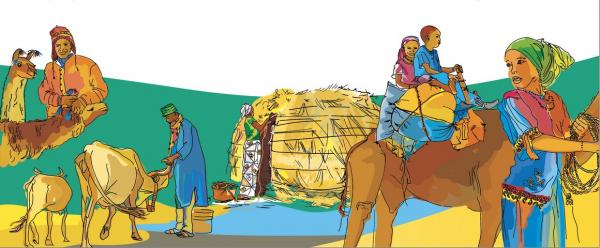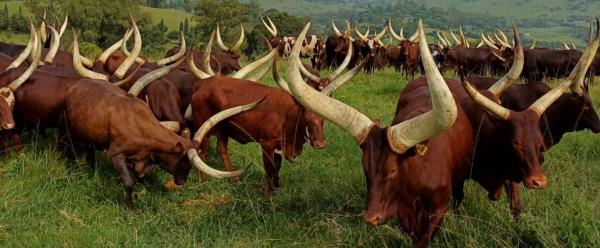Institutional news 4 February 2026
- Home
- CIRAD news
- News
- Agroecology | Global political recognition
Agroecology | Global political recognition at the highest level
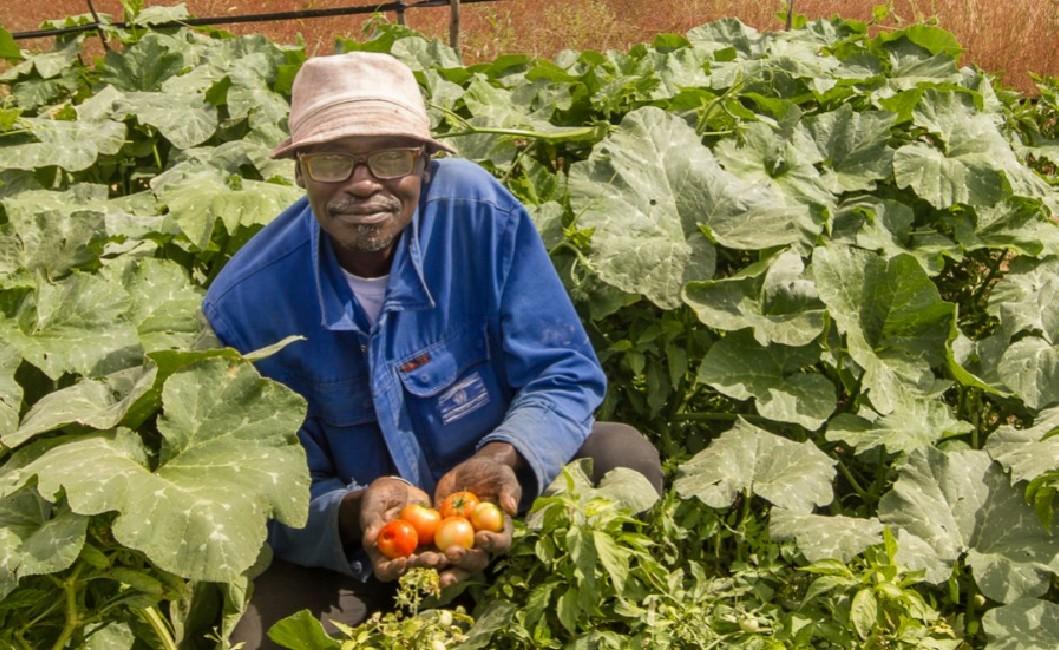
"I pledge that under the French presidency of the European Union in the first half of 2022, we will clearly set out what agroecology means for both Africa and Europe". So said French President Emmanuel Macron at the fourth One Planet Summit for biodiversity on 11 January. Agroecology was highlighted as one of the possible solutions in response to the erosion of biodiversity. It will also be a major theme of the Africa-France summit in Montpellier from 8 to 10 July 2021, in which CIRAD will be playing an active part.
The dynamic for an agroecological transition in Senegal (DyTAES) is setting an example
ENDA PRONAT Executive Secretary Mariam Sow, who has long worked with CIRAD and is on its Board of Trustees, spoke at the One Planet Summit. She called for policymakers to take account of agroecology when drafting public development policy. "Covid-19 has confirmed the need for a paradigm shift and a faster agroecological transition", she said during her live call from CIRAD's Dakar office.
Mariam Sow also took the opportunity of highlighting the work the Dynamique nationale pour une transition agroécologique au Sénégal (DyTAES) is doing to scale up agroecology. CIRAD is an active member of the dynamic, and coordinated the drafting of a policy brief for the country that was handed to the Senegalese government in February 2020
Launch of the IAM Africa coalition
The Great Green Wall Investment Forum that preceded the One Planet Summit saw the launch of a new coalition, the International Agroecological Movement for Africa (IAM Africa). Around a hundred African and European organizations, including CIRAD, have signed a charter to develop agroecology in Africa, particularly in the Sahel, by means of development support projects in partnership. The aim is to make agroecology the new weapon to tackle food and climate challenges in Africa and also security issues, notably in the Sahel.
CIRAD President Managing Director Michel Eddi stresses that "our organization has long been committed to this approach, with a large number of joint projects already in operation on the ground. This is why we were invited to participate in the alliance, proving that private sector players recognize the merits of its activities. IAM Africa is an appropriate framework for building new projects in the form of public/private partnerships. It reflects a will to encourage all stakeholders to work towards the agroecological transition in a range of contexts and types of agriculture."
The IAM Africa alliance was signed under the patronage of French President Emmanuel Macron, Mauritanian President Mohamed Ould Cheikh El Ghazouani, and Charles, Prince of Wales. An Ethics Committee tasked with selecting projects for IAM Africa will be presented in July, at the Africa-France Summit in Montpellier, where agroecology should again be centre stage.
FAIR project: using agroecology to make producers in the Sahel more resilientFAIR began in October 2020, and has big ambitions", says Éric Scopel, a specialist in agroecological at CIRAD who is coordinating the project. "We want to work with producers to develop agroecological innovations that will improve their living standards while relieving the pressure on natural resources. But the main novelty is that we will be taking a fresh look at the collective processes at play that involve producers and R&D players, to ensure that those innovations are adopted long term in rural areas." The FAIR project is coordinated by CIRAD and co-funded by the European Union and the Agence française de développement. Over four years, it will associate ten European and West African partners to work on operations in Burkina Faso, Mali and Senegal. |

























